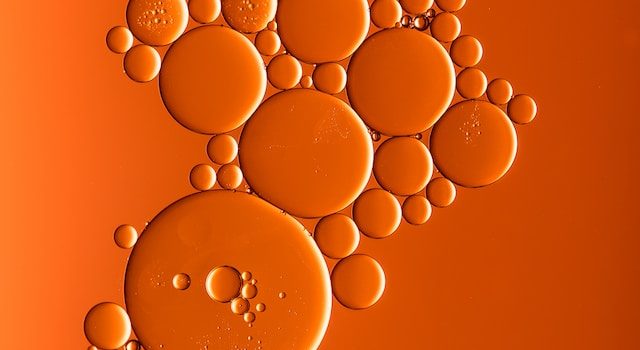
Introduction:
Science, with its pursuit of knowledge and discovery, has long been regarded as a beacon of progress and a bastion of objectivity. However, beneath its lofty ideals, science is shaped by the very nature of humanity, with its biases, limitations, and occasional missteps. Understanding and addressing these inherent human factors is essential to ensuring the integrity and effectiveness of scientific inquiry.
The Influence of Bias:
Human biases have the potential to seep into scientific research, subtly shaping the questions asked, the methods employed, and the interpretation of results. Confirmation bias, in particular, can lead researchers to favor information that aligns with their preconceived notions, potentially skewing the outcomes of studies. Recognizing and addressing these biases is crucial for maintaining the objectivity and impartiality that underpin scientific progress.
Scientific Misconduct:
While rare, instances of scientific misconduct can undermine public trust in the scientific community and compromise the credibility of research. Fabrication, falsification, and plagiarism erode the foundation of scientific integrity. The discovery of misconduct highlights the importance of robust ethical guidelines, strict oversight, and a culture that promotes honesty, accountability, and transparency.
The Pursuit of Personal Gain:
Science, like any human endeavor, can sometimes be influenced by personal ambition and the pursuit of fame or financial gain. The pressure to publish groundbreaking findings and secure funding can create incentives that may compromise the integrity of scientific research. Safeguarding against these influences requires a commitment to ethical conduct, rigorous peer review, and a focus on the long-term benefits of knowledge over short-term gains.
Challenges of Replicability:
Replicability, the ability to reproduce scientific findings, is a crucial aspect of the scientific method. However, the replication crisis has revealed that many studies struggle to replicate previously published results. Factors such as flawed methodologies, statistical errors, and publication bias contribute to this challenge. Addressing these issues requires transparency, open data sharing, and a greater emphasis on the replication of studies.
Navigating Uncertainty:
Science grapples with the complexities of the natural world, and our understanding is often limited and subject to revision. Communicating uncertainty and acknowledging the boundaries of knowledge is essential to prevent misinterpretation and oversimplification. Embracing uncertainty also fosters a spirit of curiosity and encourages further exploration and discovery.
Balancing Collaboration and Competition:
Competition within the scientific community can sometimes hinder collaboration and impede progress. Intellectual property concerns and the pressure to secure funding can create barriers to sharing data, methods, and insights. However, collaboration and knowledge-sharing are vital for advancing scientific understanding. Encouraging a culture of cooperation and providing incentives for collaboration can mitigate the negative impact of excessive competition.
Promoting Scientific Literacy:
Scientific literacy among the general public is crucial for informed decision-making and an appreciation of the scientific process. Improving science education, promoting critical thinking skills, and fostering a society that values evidence-based reasoning are essential in combating the spread of misinformation and promoting public engagement with scientific advancements.
Conclusion:
Science, a product of human inquiry, is intrinsically linked to our humanity and its imperfections. Recognizing and addressing biases, combating misconduct, embracing uncertainty, fostering collaboration, and promoting scientific literacy are vital steps in safeguarding the integrity and efficacy of scientific research. By acknowledging and addressing the thwarting of science as a reflection of our humanity, we can work towards a more robust and trustworthy scientific enterprise that continues to propel society forward. It is through collective efforts and a commitment to self-reflection that we can strengthen the foundations of scientific inquiry for the betterment of all.










